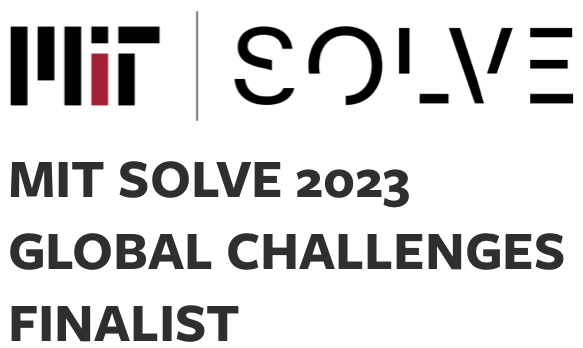
One of Biospectal’s core areas of emphasis and a key part of our mission is to enable better health management and longer, healthier lives by leveraging commonly available computing devices for remote monitoring and improved engagement with doctors. By using our mobile app, OptiBP™, to turn smartphone cameras into blood pressure monitors, we can enable people around the world to be more actively engaged partners and improve understanding and adherence to behaviors that maximize their quality of life. With smartphones everywhere in the world more than any other consumer device, we also have a golden opportunity to promote health equity for low resource populations. Biospectal participated in MIT’s Health in Fragile Contexts Challenge and was recognized as one of only a few leaders among a vast number of applications that highly promising and impactful new technology that can affect change for all populations at global scale. The focus of our project is to further our work to test and implement remote patient monitoring in sub-Saharan Africa, specifically in low resource settings in Kenya and the Kibara settlement in Nairobi.
Non-communicable diseases like hypertension account for more than a third of deaths in Kenya, with similar rates across sub-Saharan Africa. The leading cause of heart failure in sub-Saharan Africa is hypertension, while the diagnosis rate remains less than 40%. In addition, approximately 60% of families live in areas defined as urban slums or informal settlements. Ethnographic research conducted on hypertension monitoring in these settlements revealed that they suffer from significantly limited access to clinics. Due to the shortage of clinical resources needed to measure blood pressure, monitoring patient blood pressure after initial diagnosis presents a serious challenge and has a significant impact on managing the disease. Especially in these low income, fragile settings, people lack access to necessary healthcare, while simultaneously, community health workers struggle with traditional clinical models to increase local capacity to treat chronic diseases like hypertension. They simply do not have the resources to follow up with patients out in the community and to capture and manage blood pressure data for effective diagnosis and treatment.
With this recognition, we have further proof that experts recognize the potential of enabling mobile remote monitoring. Our global vision is steadily becoming a reality!
